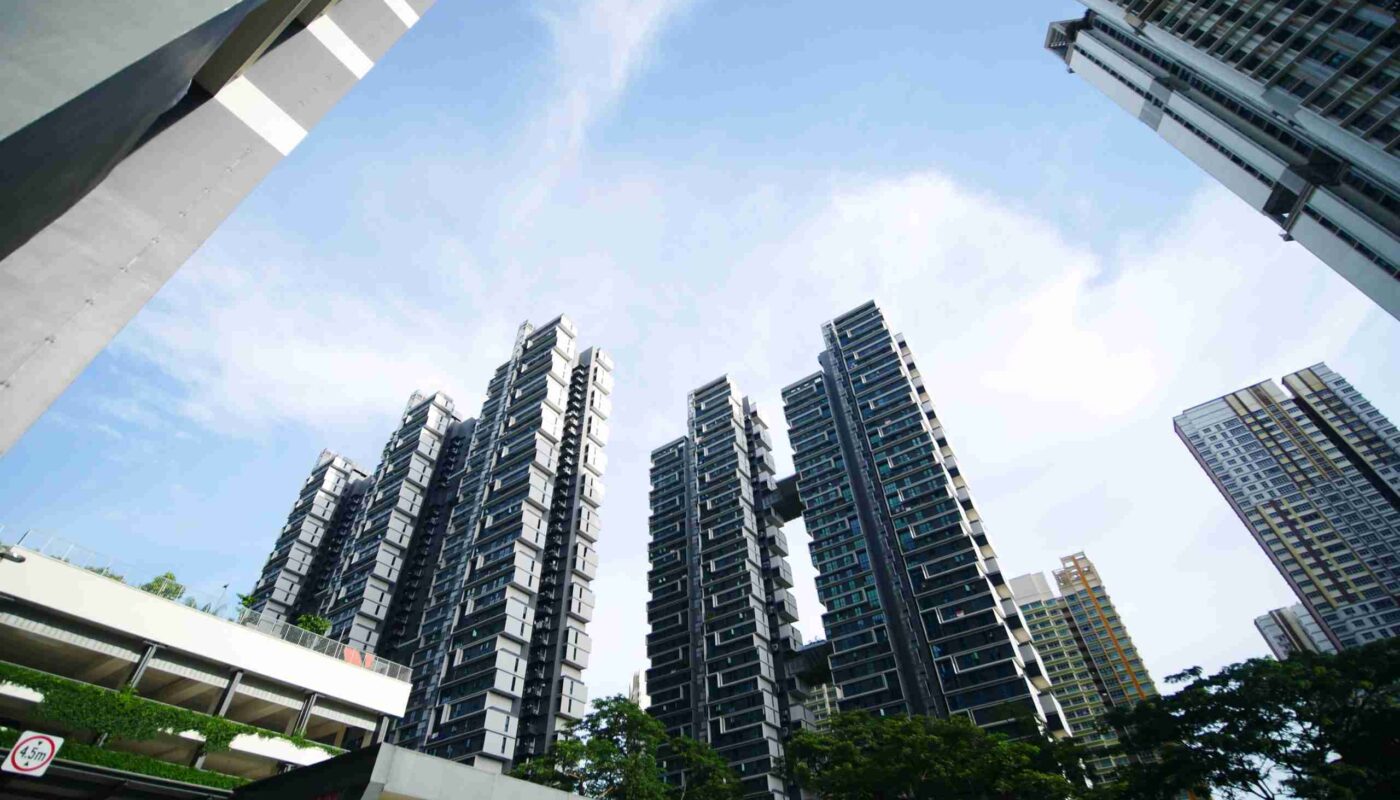Decoupling property laws in Singapore have become a hot topic in recent years as more and more property owners look for ways to maximize their returns on investment. Understanding the intricacies of these laws is crucial for anyone looking to navigate the property market in Singapore. Here, we provide a comprehensive guide to decoupling property laws in Singapore.
What is Decoupling?
Decoupling refers to the act of transferring ownership of a property from joint owners to sole ownership or between family members. This process allows one party to retain ownership of the property while the other party exits the property ownership. This can be done for various reasons, such as to reduce the amount of Additional Buyer’s Stamp Duty (ABSD) payable or to unlock the equity in a property.
Eligibility Criteria
In order to decouple a property in Singapore, there are certain eligibility criteria that must be met. For instance, the property owners must have held the property for at least three years before they can decouple it. Additionally, the property must not have any outstanding mortgage or other financial obligations.
Process of Decoupling
The process of decoupling a property in Singapore involves several steps. First, the property owners must submit an application to the Inland Revenue Authority of Singapore (IRAS) for approval. Once the application is approved, the parties involved must sign a deed of transfer to transfer ownership of the property from joint ownership to sole ownership or between family decoupling property Singapore. It is important to note that decoupling can have financial implications, such as stamp duty and legal fees, so it is advisable to seek professional advice before proceeding.

Tax Implications
Decoupling a property in Singapore can have tax implications, particularly in terms of ABSD. When a property is decoupled, the party retaining ownership of the property may be subject to ABSD if they already own another property. However, there are certain exemptions and relief measures available, such as the ABSD remission for married couples, which can help to mitigate the tax implications of decoupling.
Impact on Financing
Decoupling a property in Singapore can also have implications for financing. If the property owners have an existing mortgage on the property, the party retaining ownership of the property may need to refinance the mortgage in order to remove the exiting party’s name from the loan agreement. This can result in additional costs and administrative work, so it is important to factor this into the decision-making process.
Conclusion
In conclusion, decoupling property laws in Singapore offer property owners a way to optimize their investments and reduce their tax liabilities. However, it is important to carefully consider the eligibility criteria, process, tax implications, and impact on financing before proceeding with decoupling. Seeking professional advice from a financial advisor or property lawyer can help to ensure that the decoupling process is carried out smoothly and in compliance with the relevant laws and regulations in Singapore.



